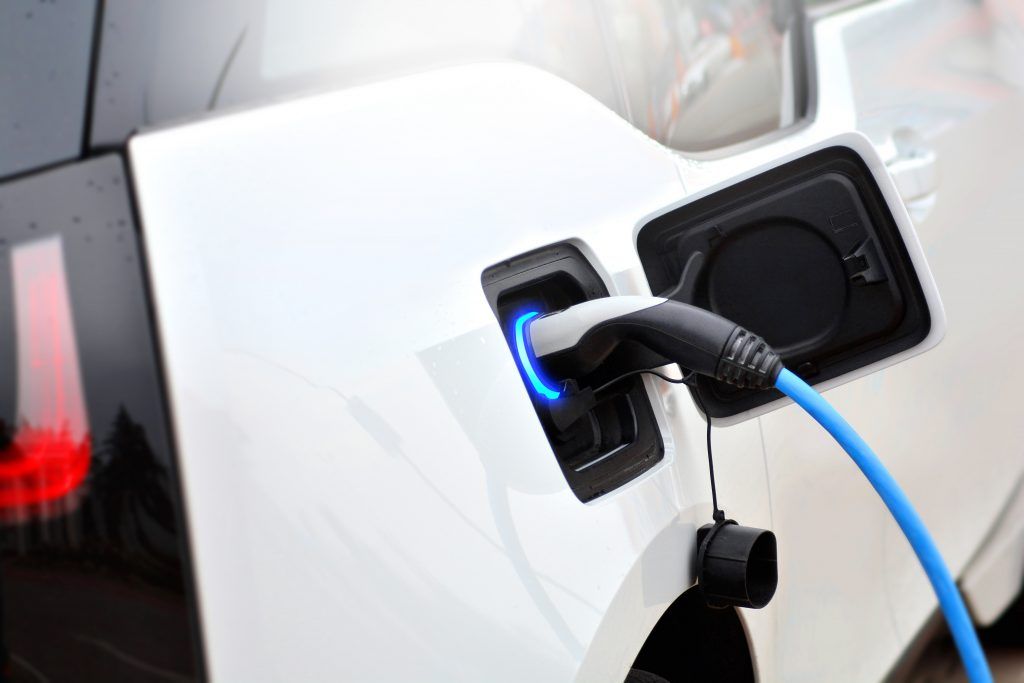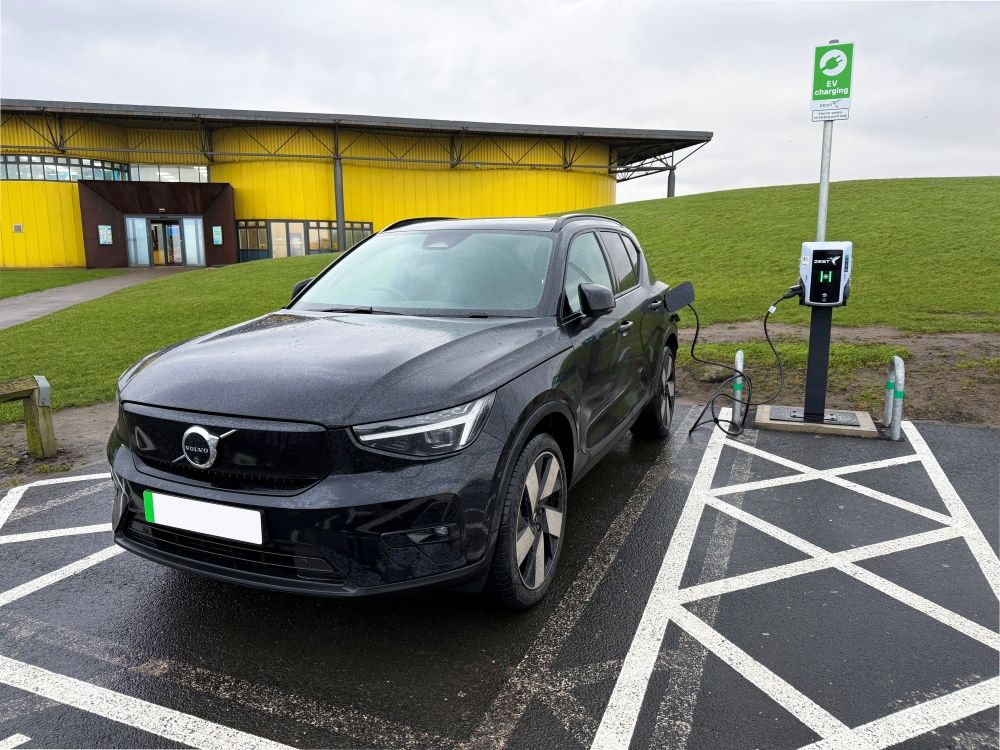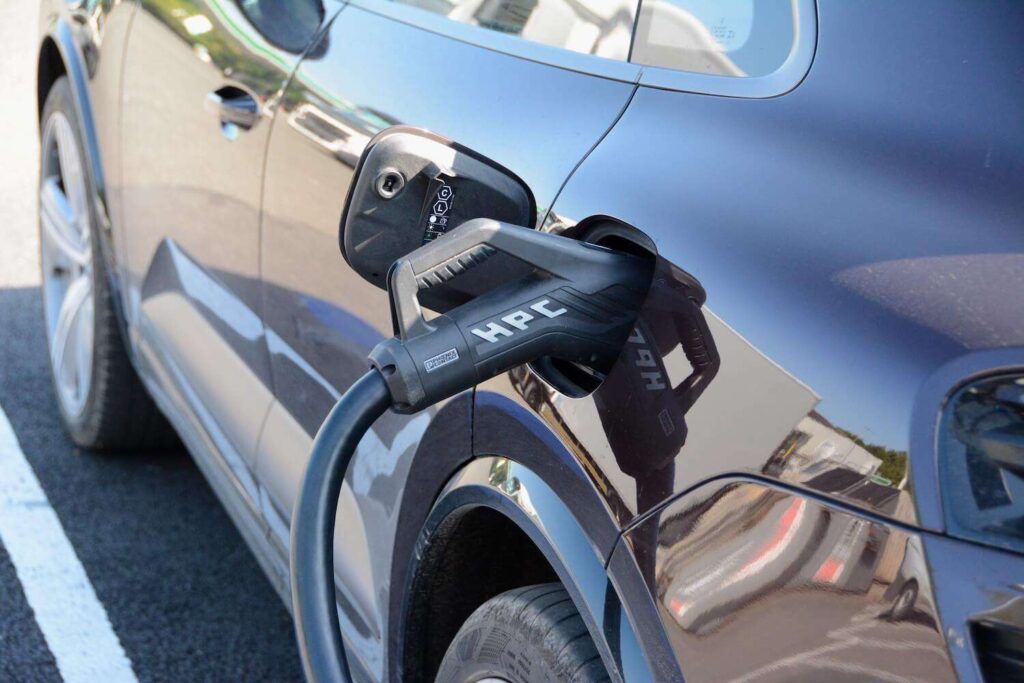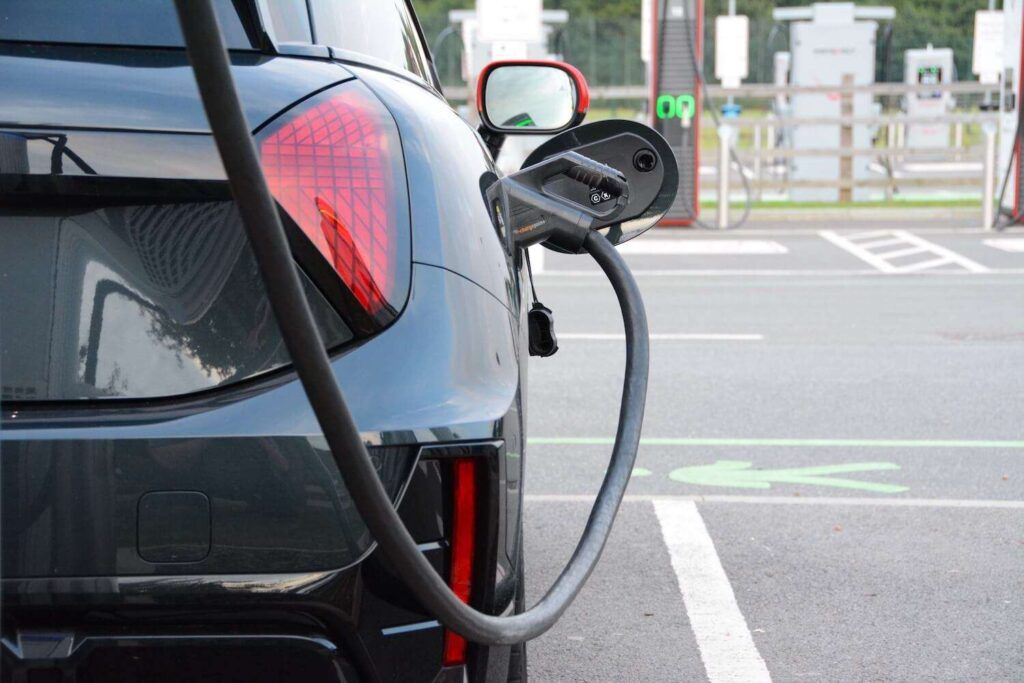New research from the Research Institute for Disabled Consumers (RiDC) discovered that 61% of disabled people would consider buying an EV if the charging infrastructure was made more accessible.
The online survey, commissioned by Urban Foresight, revealed the need for accessible charging infrastructure and results showed only 25% of non-EV drivers would consider getting an EV now compared to 61% if charging was more accessible.
The survey of 702 respondents from RiDC’s pan-disability consumer panel, including a large number of older people, and those living with a physical impairment which affects their mobility or dexterity.
The research explored various aspects of the charging process, such as removing the charge cable from the car, opening the charge flap/inserting the cable and plugging in the car point – all barriers for disabled access.
- 54%: said lifting the cable from the boot and having to close it would be difficult or very difficult
- 41%: felt manoeuvring cable to the charge point would be difficult or very difficult
- 66%: space or trip hazards/barriers around the car and charger would be difficult or very difficult to navigate
Respondents to the survey also highlighted connection points being far too high for a wheelchair user and concerns about being able to manage to connect a heavy cable.
The research offered a range of solutions put forward by participants including a built-in retractable cable in the car or charge unit, ensuring the position of the charge flap is accessible and ensuring clear wheelchair access from the car to charge point.
At the beginning of 2020, the first fully accessible electric charging point in the UK was unveiled – representing just 0.003% of charging locations in the UK that have been designed to be accessible to disabled drivers. In the same year, RiDC undertook research on behalf of Motability into electric cars and their charging infrastructure, which revealed a clear lack of consideration of disabled motorists as users of EVs.
Clare Pennington, Project Manager at Urban Foresight, said: “We are focussed on understanding the challenges that EV charging currently creates for a large section of our communities. We’re not only looking to highlight these challenges at a local and national level, but are actively working towards developing solutions”
Andrew Aylesbury from Duku said: “When looking at the EV charging process, it is clear there are challenges to overcome to enable everyone to access EV charging infrastructure. Universal design will always consider inclusivity, and at Duku we are excited to be involved in working to find solutions to the issues highlighted in the research completed by RIDC.”
Gordon McCullough, CEO at RiDC said: “This research highlights how a lack of user involvement in design has created unnecessary challenges for disabled and older people.There are 14 million disabled people in the UK and with an aging population, the number of people with additional needs will only increase.
“Unfortunately, products continue to be put out to market that do not account for the different ways that we all need use and access them. As the suggestions from our panel show – there are always solutions that could enable a much wider customer base.Many challenges can be solved by consulting with the people who are facing them, and using creative and innovative thinking.”












